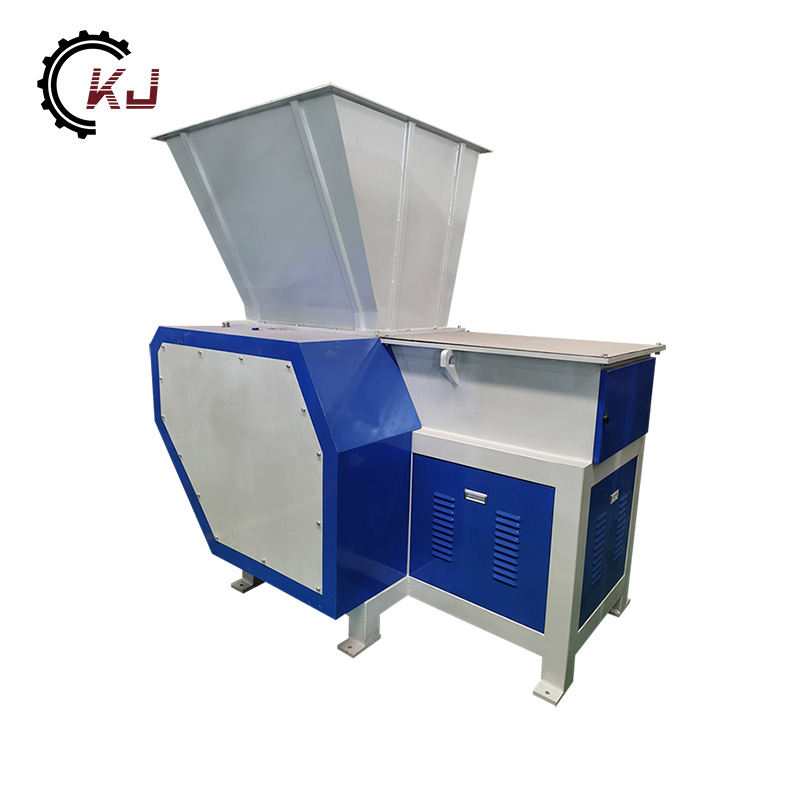The Engine of Endurance: The Expected Lifespan of Industrial Crusher Machines
2023-11-06
In the world of industrial material reduction, longevity is a prized asset. Industrial crusher machines, known for their rugged design and exceptional performance, are no exception. Understanding the expected lifespan of these powerhouses under normal usage is crucial for businesses in various sectors. In this blog, we'll explore the factors that influence the expected lifespan of crusher machines and how to extend their operational life.
The Role of Crusher Machines
Before delving into the expected lifespan, it's important to recognize the pivotal role of industrial crusher machines. These robust and efficient devices are designed to reduce the size of materials, making them essential tools in industries such as mining, construction, recycling, and more. While they are built to withstand the test of time, their durability can vary depending on various factors.
Factors Influencing Lifespan:
1. Materials Processed: The type and abrasiveness of materials processed by the crusher machine play a significant role in its lifespan. Highly abrasive materials, like quartz or granite, can cause quicker wear and tear on the machine.
2. Throughput: The volume of materials processed per unit of time affects the wear and fatigue experienced by the machine's components. Higher throughput rates may lead to quicker wear, impacting the lifespan.
3. Maintenance and Care: Regular maintenance and proper care are paramount in extending the lifespan of a crusher machine. Routine inspections, lubrication, and timely replacement of wear parts are essential.
4. Wear Parts Quality: The quality of wear parts, such as hammers, anvils, and liners, significantly impacts the machine's lifespan. High-quality, wear-resistant materials and proper installation can extend the lifespan.
5. Operational Conditions: Operating conditions, such as temperature, humidity, and exposure to corrosive materials, can influence the machine's longevity. Harsh environments may necessitate additional protective measures.
Expected Lifespan:
The expected lifespan of an industrial crusher machine under normal usage can vary widely depending on the factors mentioned above. On average, and with proper care and maintenance, a well-built crusher machine can be expected to last anywhere from 15 to 25 years. However, in demanding environments or when processing highly abrasive materials, the lifespan may be shorter.
Extending Lifespan:
1. Regular Maintenance: Implement a comprehensive maintenance schedule that includes routine inspections, lubrication, and timely replacement of wear parts. Follow manufacturer recommendations for maintenance.
2. Quality Wear Parts: Invest in high-quality wear-resistant components. Proper selection and installation of these parts can significantly extend the machine's lifespan.
3. Operational Optimization: Adjust operational parameters, such as feed rate and material size, to reduce wear and stress on the machine.
4. Environmental Control: Maintain optimal environmental conditions to minimize corrosion and wear caused by extreme temperatures, humidity, or exposure to corrosive materials.
5. Safety and Training: Ensure that operators are well-trained in safe and proper machine operation to prevent accidents and avoid unnecessary damage.
Conclusion
The expected lifespan of industrial crusher machines under normal usage is influenced by a range of factors, including materials processed, maintenance, operational conditions, and more. While the typical lifespan can vary, diligent care, maintenance, and adherence to safety and operational guidelines can significantly extend the machine's life, ensuring its value and efficiency for many years in the demanding landscape of material reduction.



